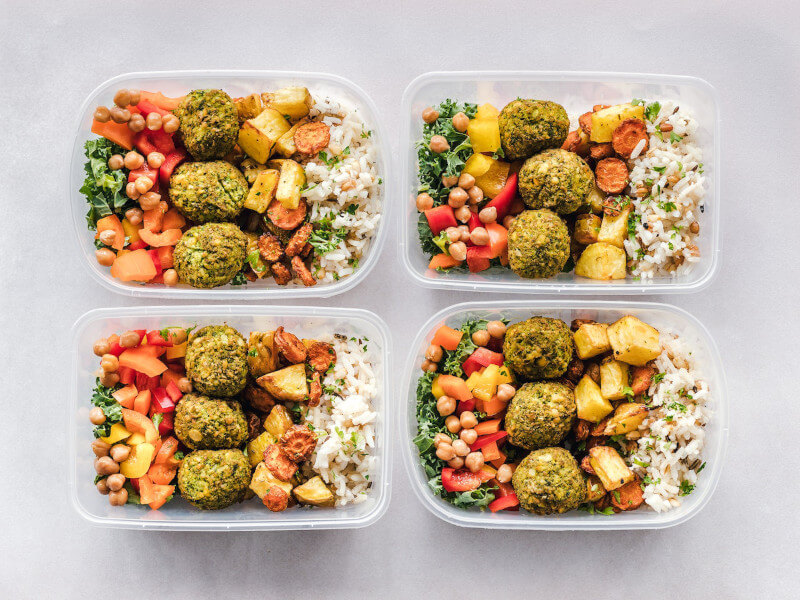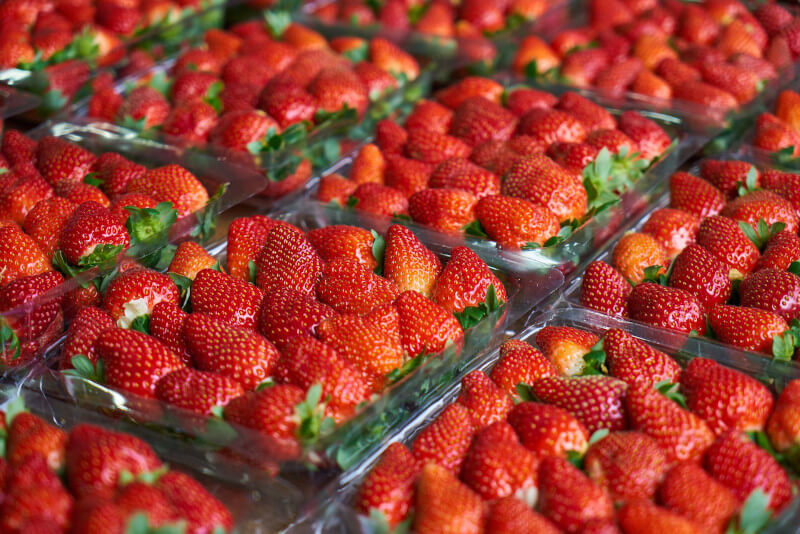Many people today are trying to cut costs wherever they can, including their food budgets. Follow these guidelines, and you won’t have to sacrifice flavour or health for a budget-friendly meal plan. Understanding the reasons behind the tendency to ignore our health and the importance of self-care.
The Difficulty of Nutritiously Satisfying Cheap Eating
Physical health is only one aspect of how important it is to eat healthily. It can do wonders for your mental clarity, physical vitality, and waistline. However, in a time when a lot of us are unemployed, experiencing an unsure economic future, or living on a limited budget, it can be difficult to locate food that’s both nutritious and reasonably priced.
Among the major obstacles to eating healthily is having a small budget, alongside a busy schedule. Consuming processed or processed food can appear to be the best choice once you’re hungry, short on time, and strapped for cash. Convenience foods are convenient because they are both tasty and filling, yet they are frequently high in calories, sugar, and additives and low in nutrients. Even if you’ve been led to believe otherwise, the price of consuming processed and fast food is usually higher than the cost of eating proper, home-cooked meals.
Whether you’re a student, an independent adult, or a parent trying to supply your family with food on a tight budget, you’ll find these suggestions helpful. Shopping for fresh, unprocessed foods close to home, cooking most of your meals from scratch, and minimising food waste are all great ways to improve your health, cut costs, and feel better.
Saving Money on Healthy Food Involves More Than Just Shopping Smart
The cost of food doesn’t have to prevent you from enjoying your meals. Sharing a meal, no matter how simple is a great way to bond with others. Whether you’re feeding a large group or eating solo, you can improve the quality of even the cheapest meals by trying to make them more of a social event.
Shop With Others
You can teach your children about nutrition, how and where to comprehend nutrition information, and how to manage money by involving them in grocery shopping and meal preparation. If you’re nervous about getting behind on your household tasks, going grocery shopping with a pal or housemate is a great option. It’s additionally a wonderful means of exchanging innovative recipe ideas and saving cash on discount offers like “buy one, get one free.”
Make a Menu Plan

Preparation gives you time to consider your dietary requirements, personal preferences, and available funds. Budget-conscious individuals can benefit greatly from weekly meal planning.
The Best Meals Are Shared Ones
An easy way to reduce stress and improve your mood is to have a chat with an acquaintance or loved one while eating a meal together. Get the clan together and find out what everybody’s been up to. Put out the welcome mat for a friend, colleague, or neighbour if you’re a loner. You can eat with your loved ones and friends even if you can’t be in the same room thanks to the advent of video chatting.
Participate in a Group Meal Preparation
Involve a friend in the meal’s preparation by splitting the purchase and preparation in half (one person could make the main dish while the other is in charge of dessert, for instance). Sharing a meal through the culinary arts is a great way to bond with your loved ones. Having a dining companion can be a great way to save money, and it can additionally prevent you from binge eating due to boredom or isolation.
Modify Recipes So That They Work for You
Your eating plan can be tailored to your individual needs with the help of a professional nutritionist. One of the most important things you can do for your health is to pay attention to what you eat. Recipes using vegetable noodles can be found if you’re looking to satisfy a craving for pasta while adhering to a low-carb diet as part of a diet plan. Adding these to your diet is a great way to get more vegetables into your diet without causing a spike in your blood sugar.
Get in the Habit of Using Recipes That Call for Everyday Items
Meals prepared with the same ingredients need not all have the same flavour. Herbs and spices are a great way to add variety to your cooking without having to buy entirely new ingredients. If chicken is your go-to meat, it’s easy to make a whole bird that can be used in a variety of recipes. One evening you can have chicken fajitas and the next you can have stir-fried chicken and veggies.
Learn to Expand a Recipe to Its Full Potential

Meals can be stretched further if you prepare foods that can be frozen and eaten at a later time. You can find many tasty and healthy soup and casserole recipes online that won’t break the bank and can be stretched to last several meals. Make a big pot of vegetable soup or chicken chilli with white beans to serve for a week, or freeze the extra servings for later. Also, you won’t have to spend as much time cooking as you would if you made something new every night. If you organise your meals for the week in advance, you are more likely to have the necessary ingredients on hand to prepare nutritious, well-balanced meals that will aid in the control of your blood sugar.
Pick Nutritious Foods
Opting for fresh produce instead of processed foods need not put a strain on your regular grocery budget. It’s important to keep in mind that the true cost of junk food typically exceeds the advertised price. You can put a dent in your health, your bank account, and your efficiency with a diet that lacks essential nutrients. The good news is that you can save cash and safeguard your health by making informed decisions about the food you buy.
Go for the Whole Foods
Time-saving ready meals often come at a higher price. If you want to save money while avoiding unnecessary additives like those used to avoid caking, etc., consider purchasing a cheese block and cutting or grating it yourself instead of purchasing processed cheese slices or packets of grated cheese. Correspondingly, instead of purchasing a bagged salad, it’s more cost-effective to purchase a lettuce head, rinse it, and cut it yourself.
Spend Your Money on Frozen Veggies and Fruit
Frozen fruits and vegetables retain their nutritional value and deliciousness, but cost much less than their fresh counterparts. If you have space in your freezer, the most cost-effective frozen bags are the largest ones.
Make Your Purchases of Generic or Store Brands
If you browse at a regular supermarket, you may find that the supermarket brand or similar product item is less expensive than the major brand version of the same item.
Try to Find Little Ways to Cut Costs as You Go About Your Day
Make your coffee rather than stopping for a cup on the commute to work or university, for instance. You can save money by making your meals for lunch and breakfast from leftover food or by making simple dishes like salads, sandwiches, and scrambled eggs.
It’s Best to Stock Up on Supplies
Canned beans and fish are two examples of non-perishables that can be purchased in bulk to save both money and time. Grains and cereals purchased in large quantities can be kept in air-tight packaging, and perishables like poultry and bread can be frozen in smaller amounts and used as required if you’ve got the storage space. You could also save money by sharing them with a friend.
Purchase Fruits and Veggies When They Are in Season

Produce is significantly cheaper, freshest, and healthiest when it’s in season. Apples, oranges, grapefruits, potatoes, and onions, among others, can be bought in bulk rather than individually, saving you money as long as you use them all before they spoil.
Sugar Can Lurk in Unexpected Places
Elevated concentrations of hidden sugar are present in many processed foods, which can lead to rapid energy and sugar levels cycles and start contributing to serious medical conditions. Foods like immediate mashed potatoes, white bread, canned soups, and sugary cereals should be avoided.
Get Your Fluids From Water, Not Soda
Fruit, like lemon, lime, or orange, can be easily and inexpensively added to cold water to give it a new taste.
Learn How to Grow Your Garden
Develop your vegetables and fruits to save cash and always have access to healthy, delicious food. There are numerous fruits, veggies, and herbs that can be grown successfully in containers on verandas and balconies even if you have no access to a garden.
Keeping a steady stock of fresh fruit and vegetables at home can cut down on your weekly grocery bill. While you are unlikely to have the ability to cultivate a literal “money tree” in your backyard, the additional funds you set aside will make it seem as though you have.
